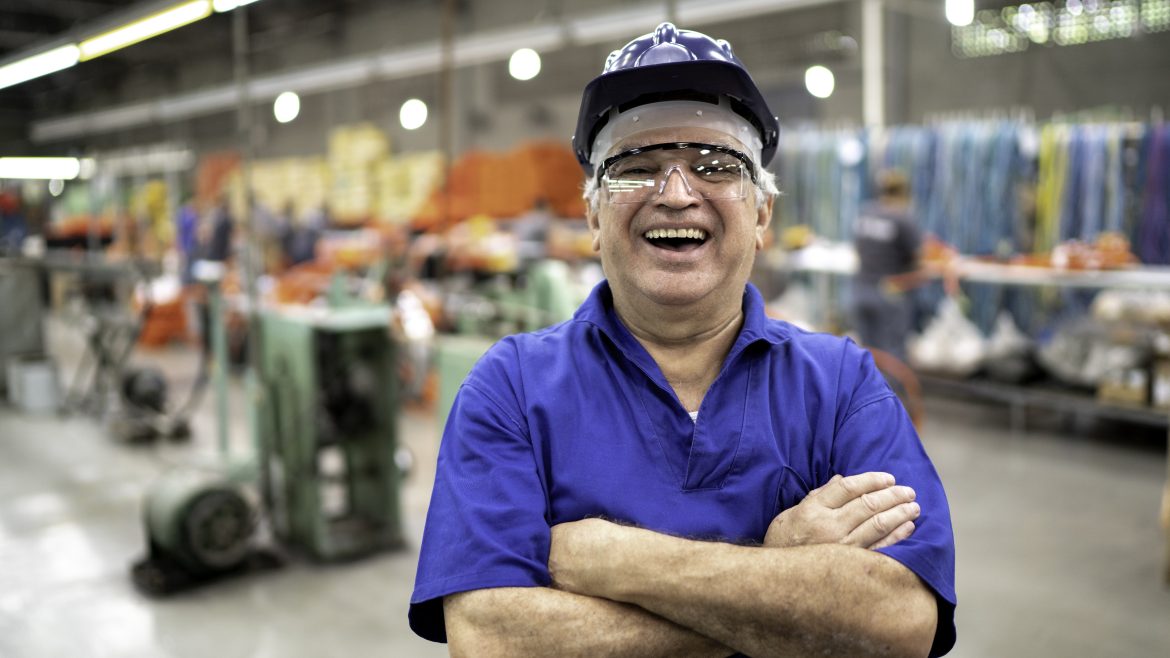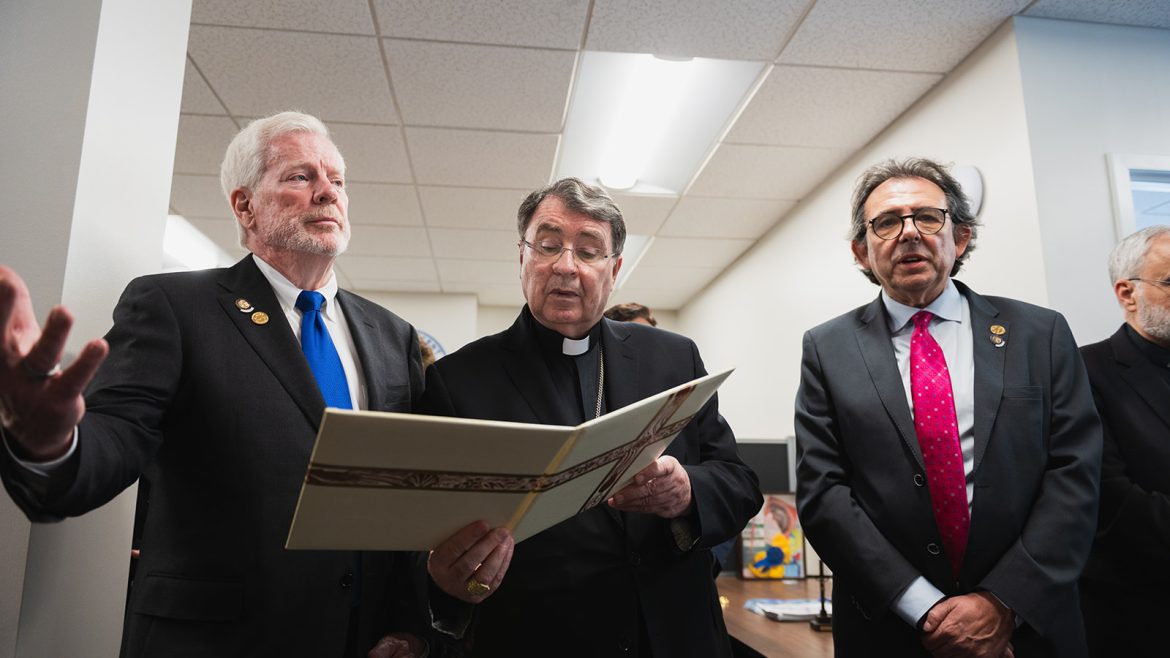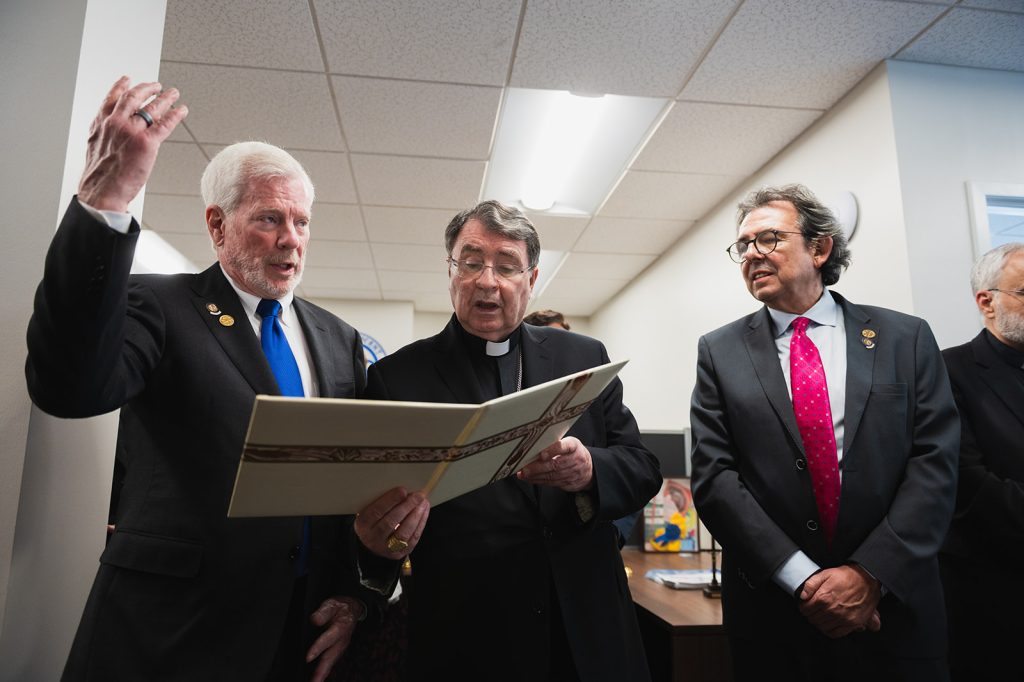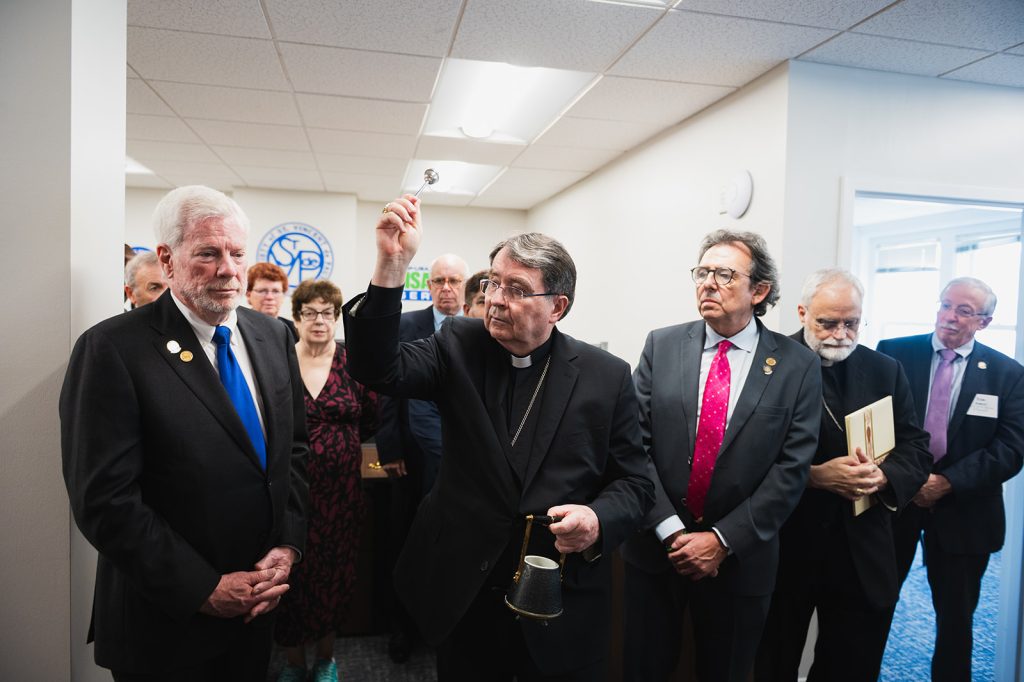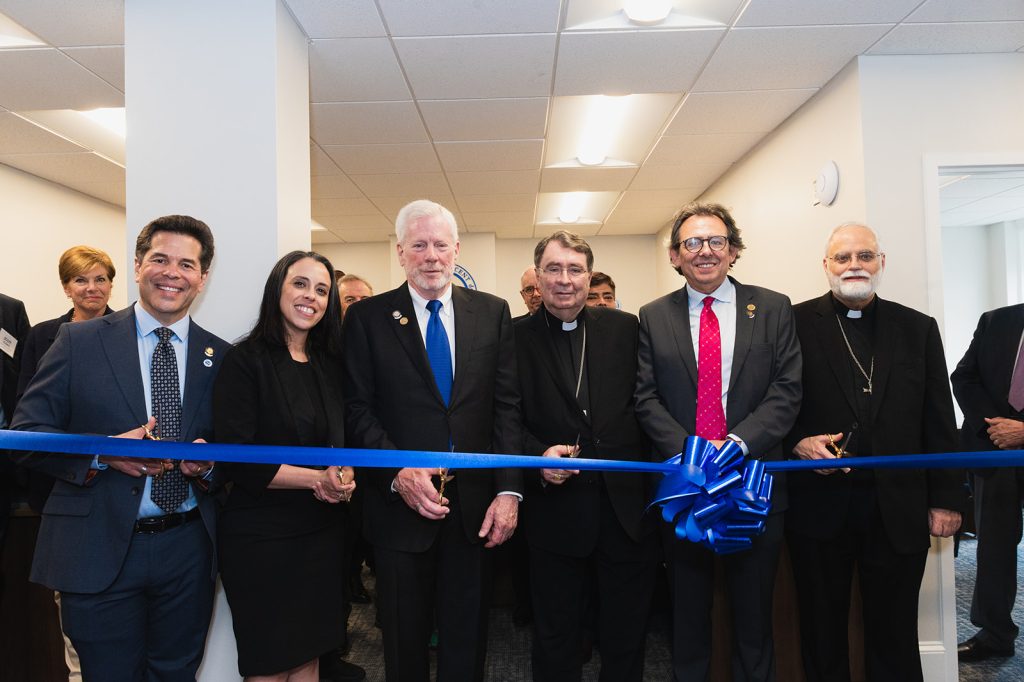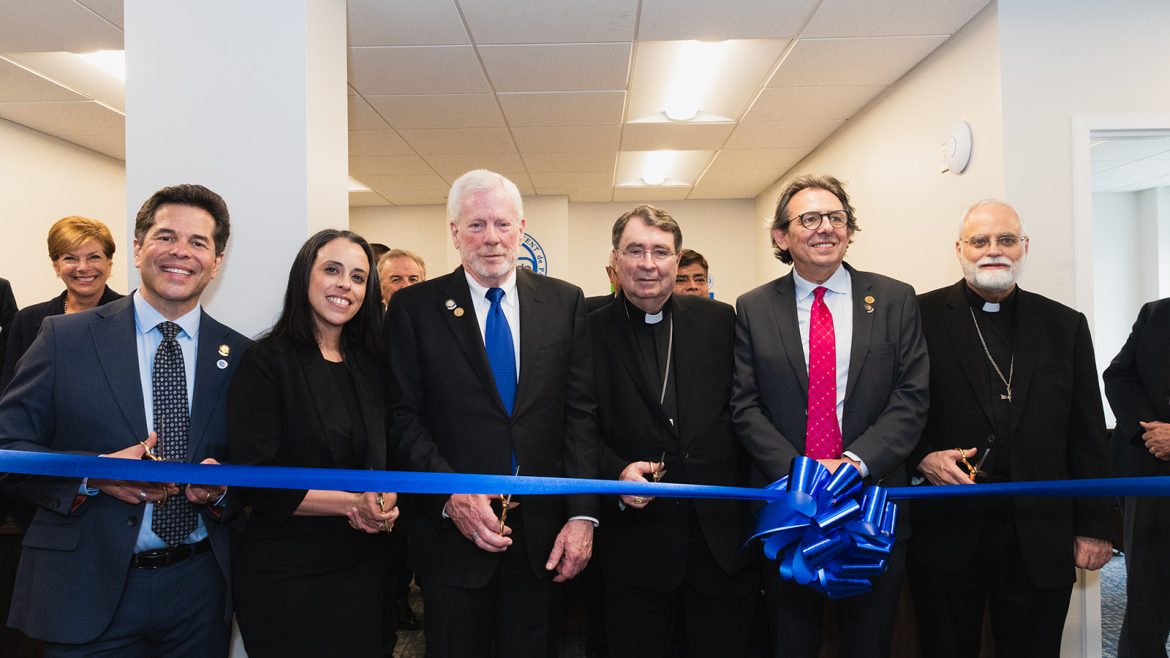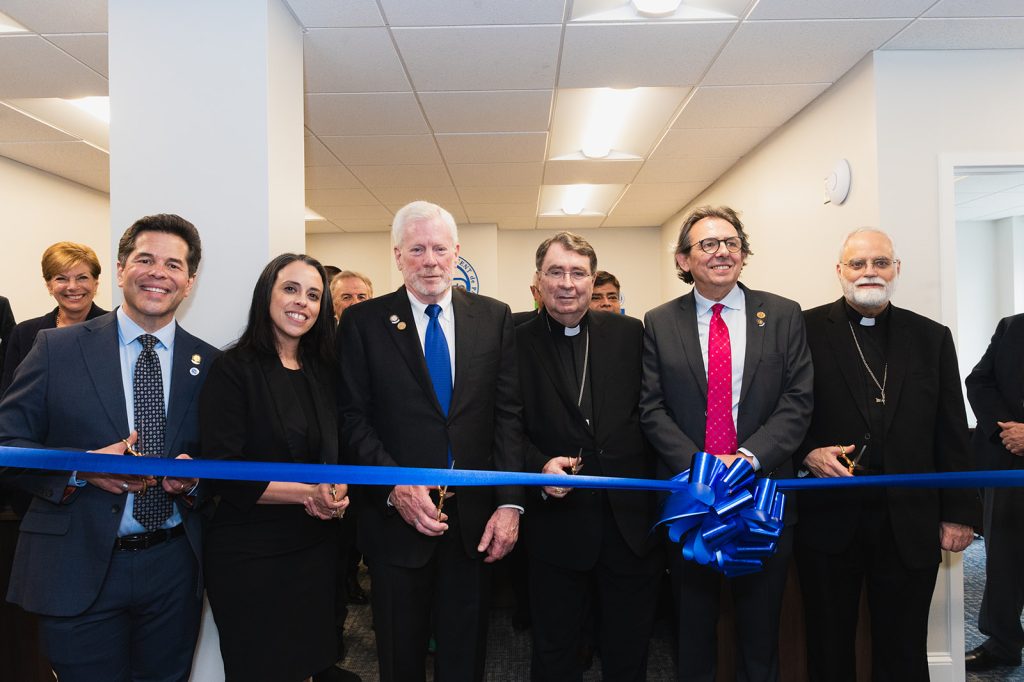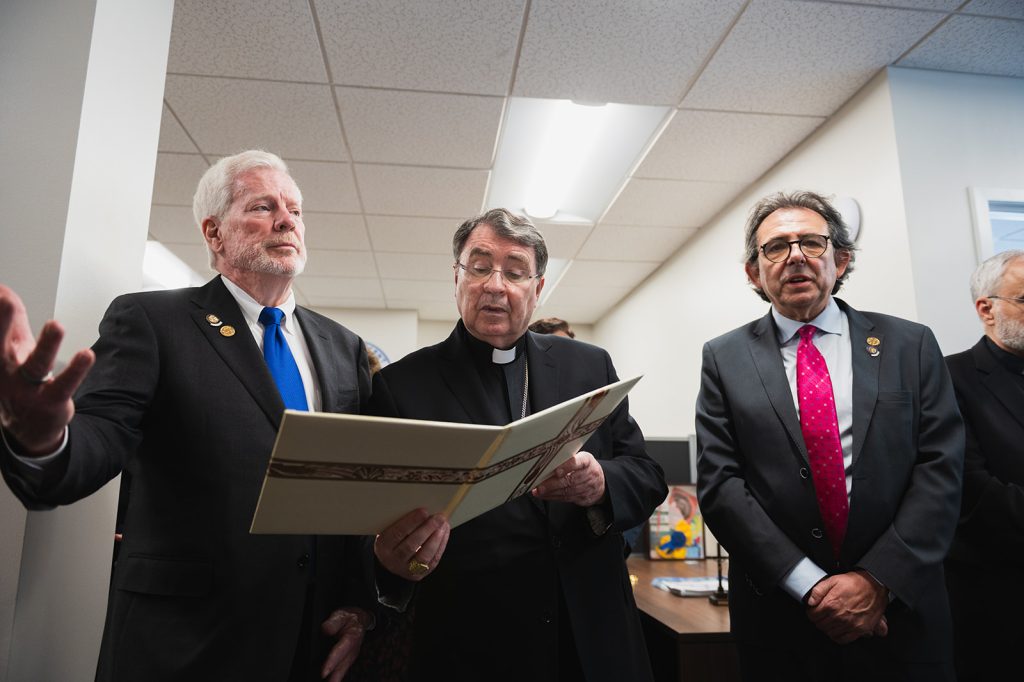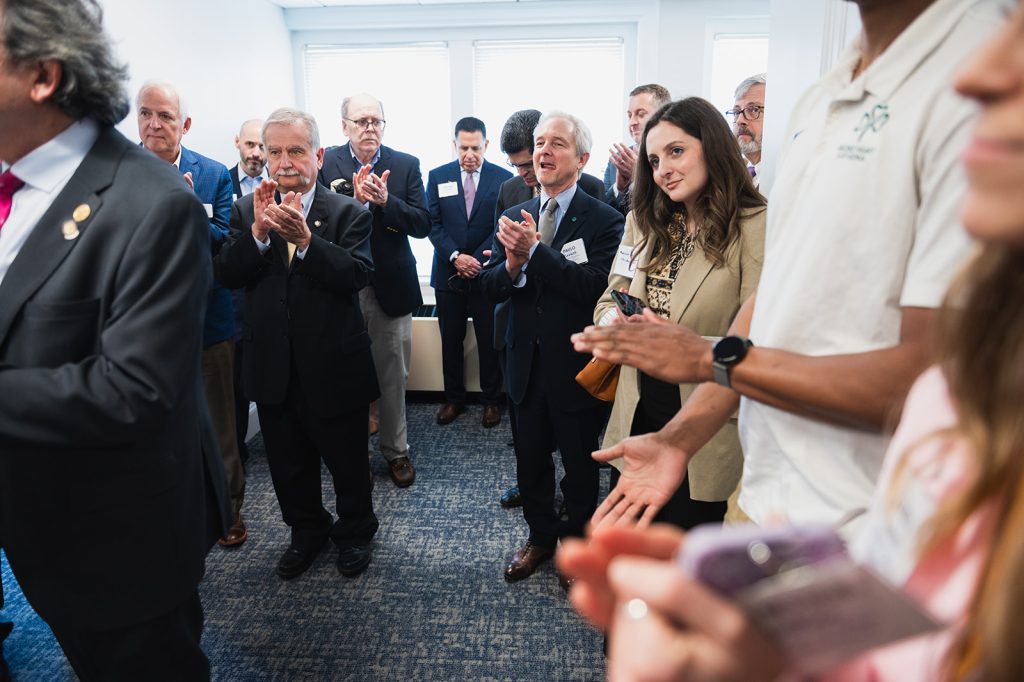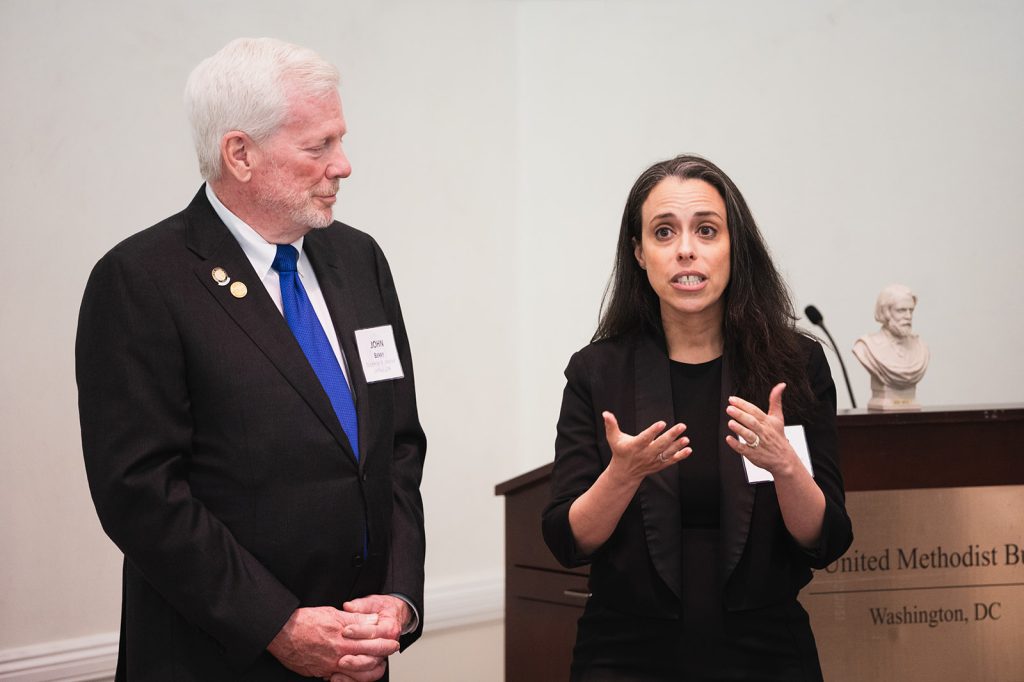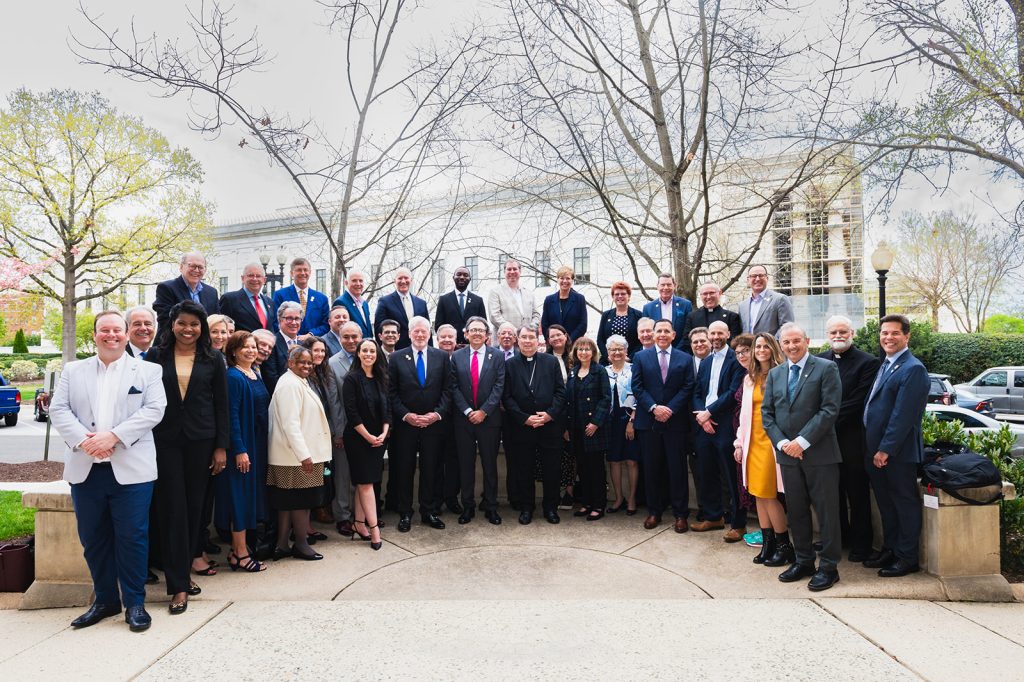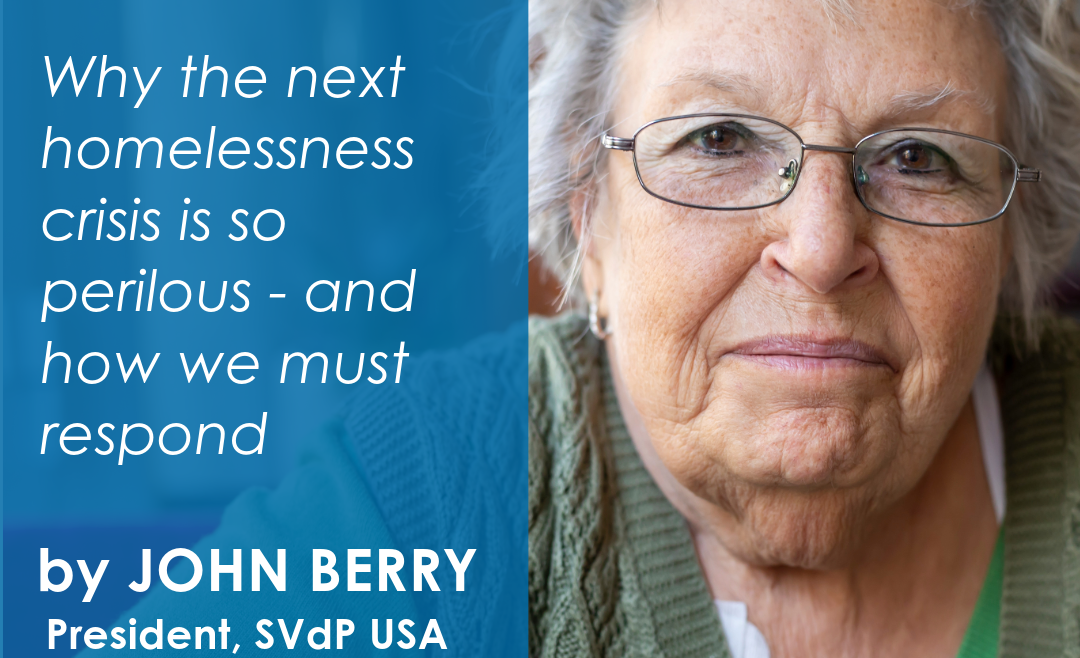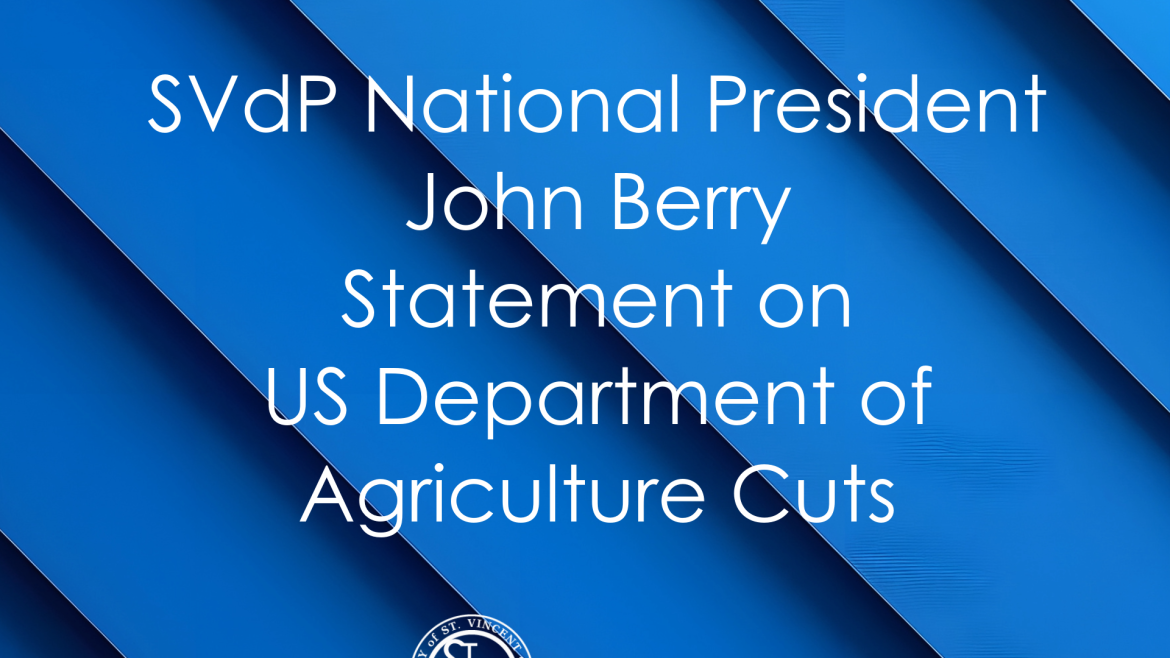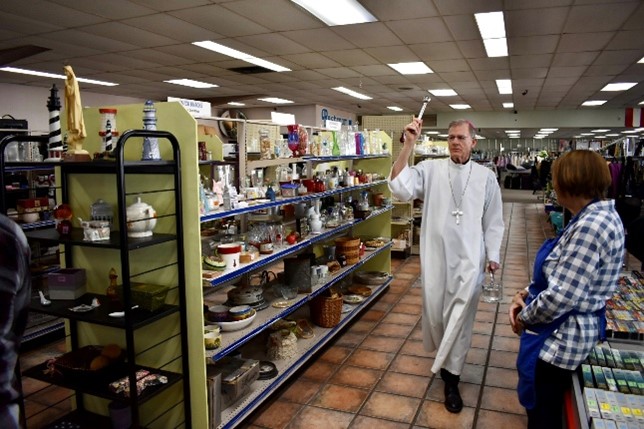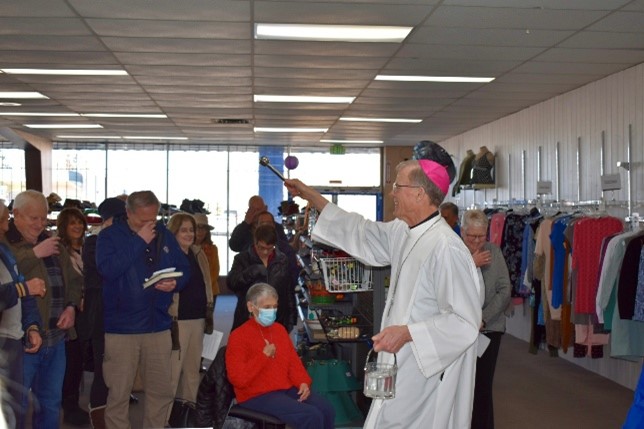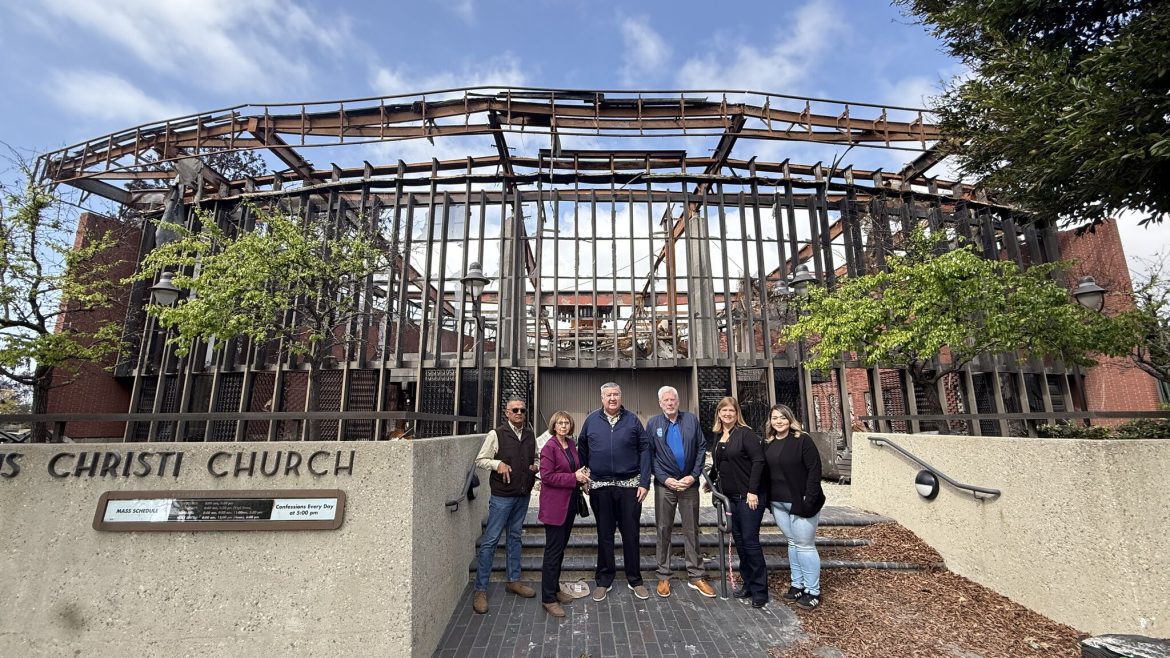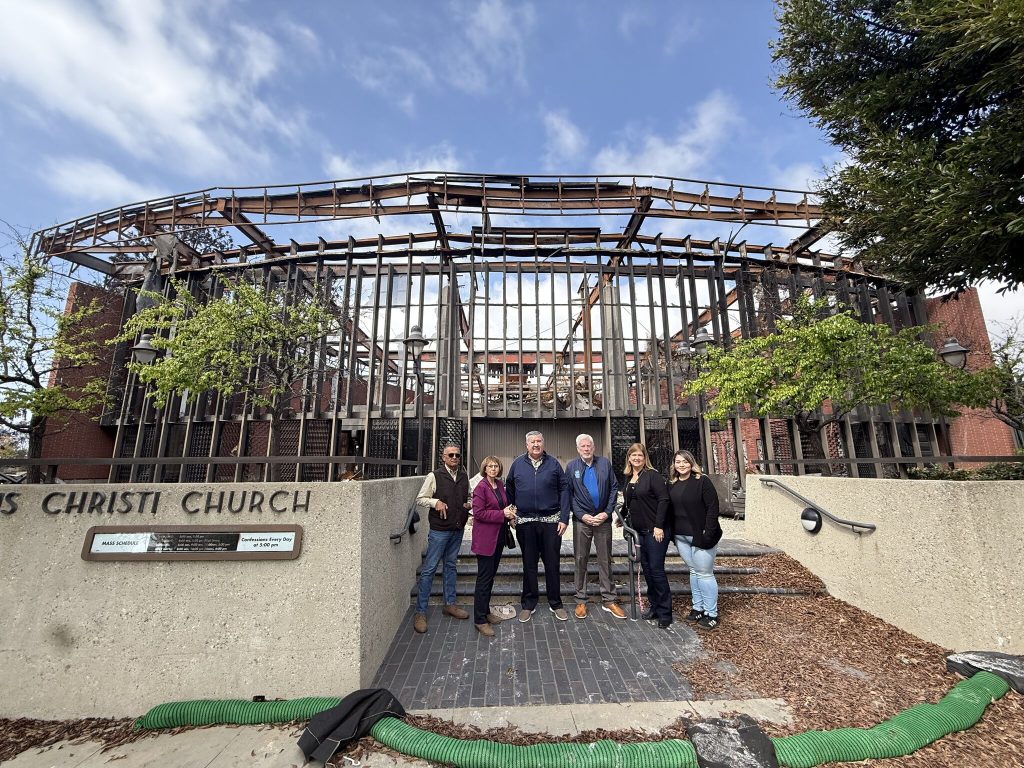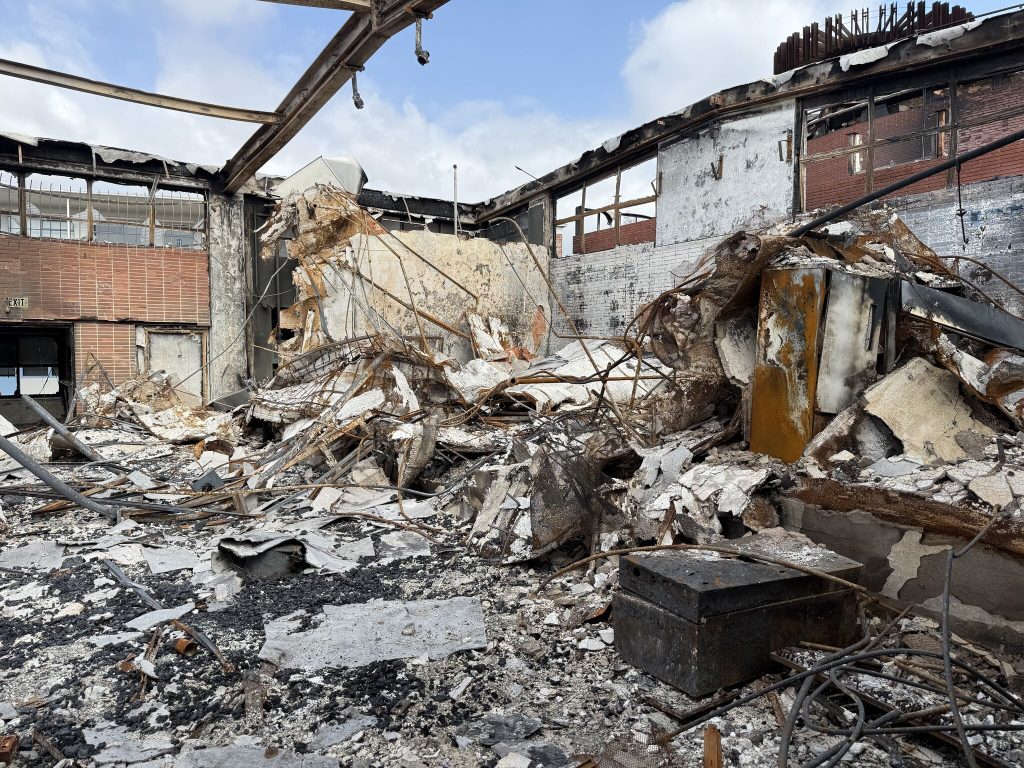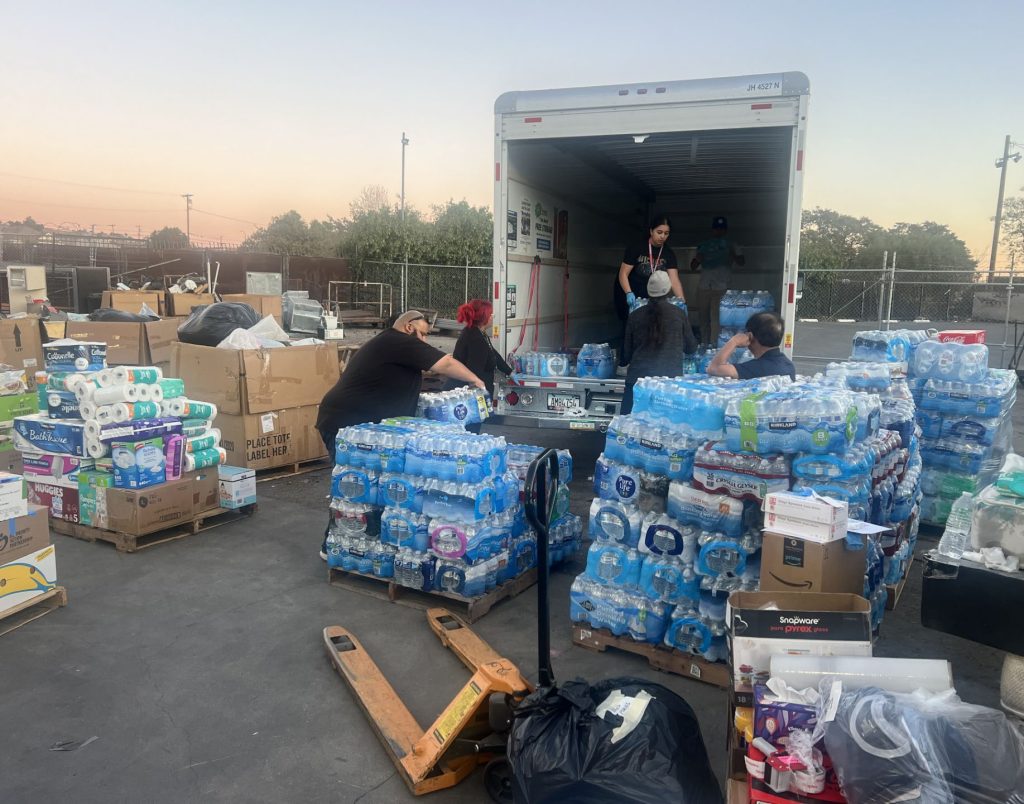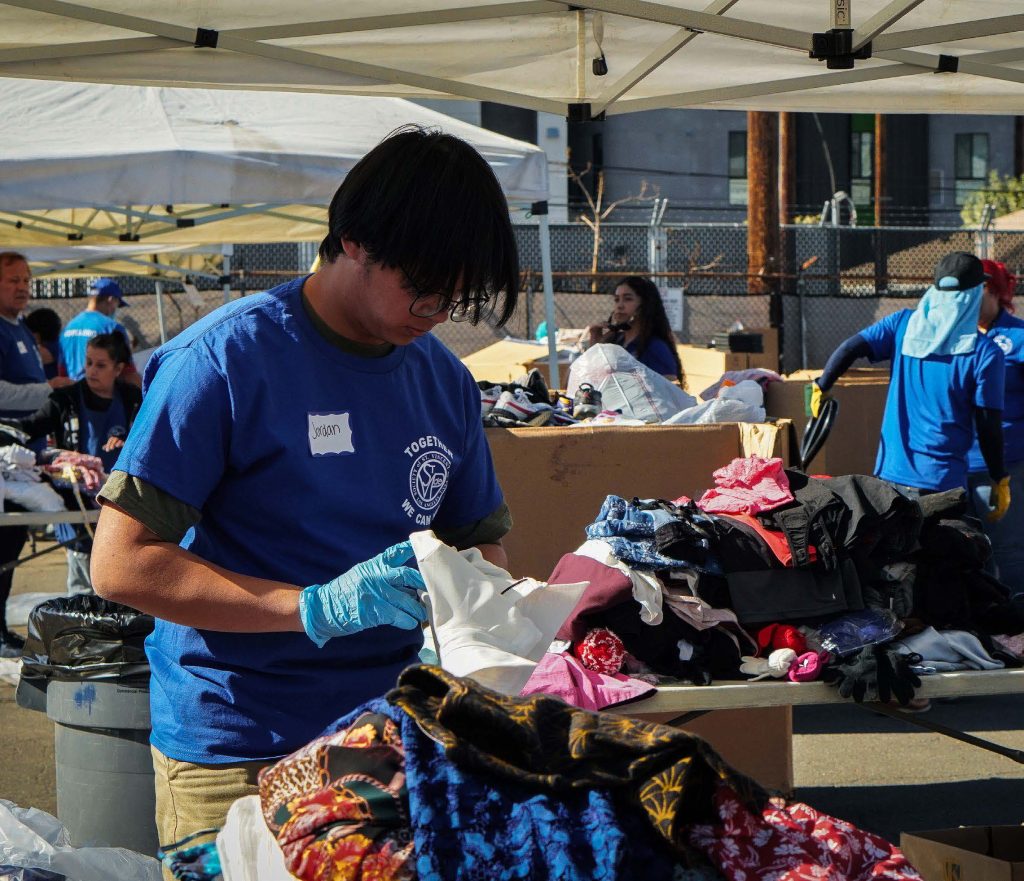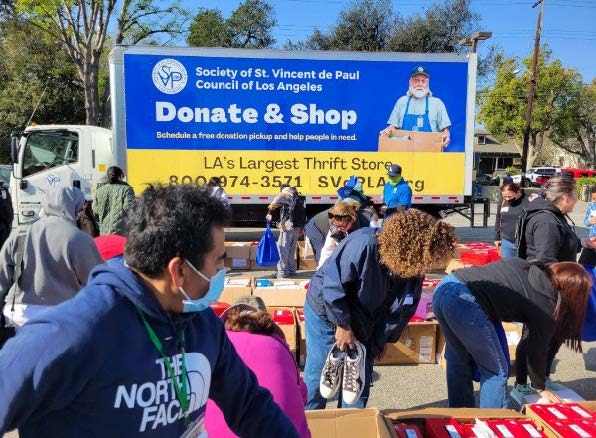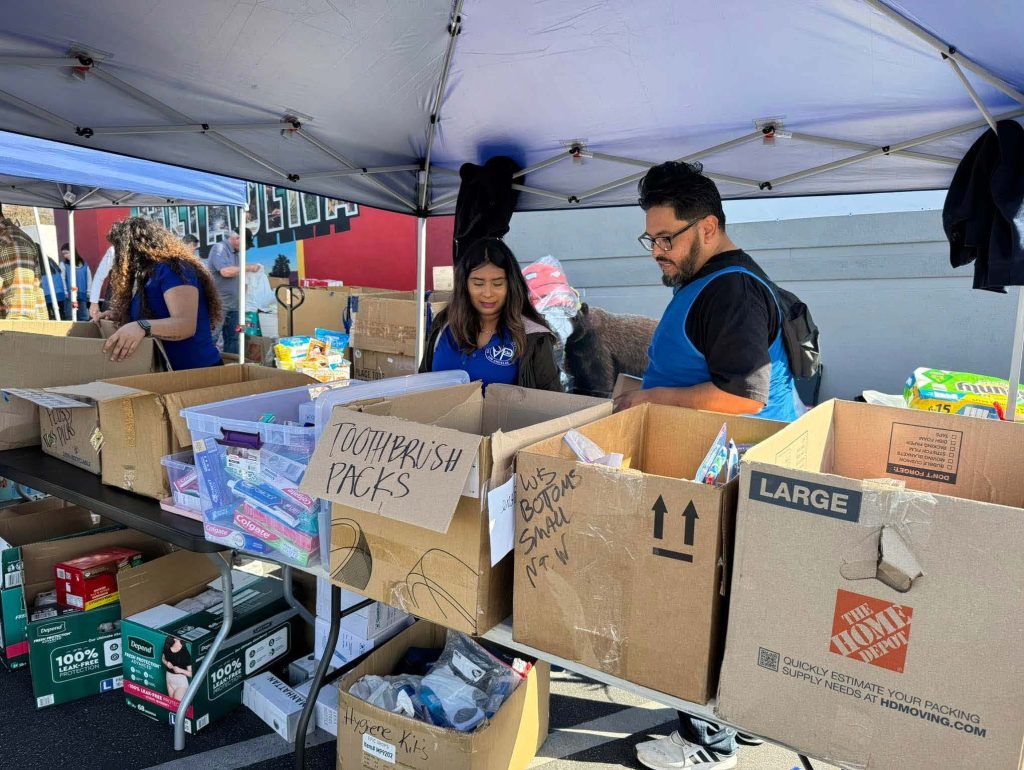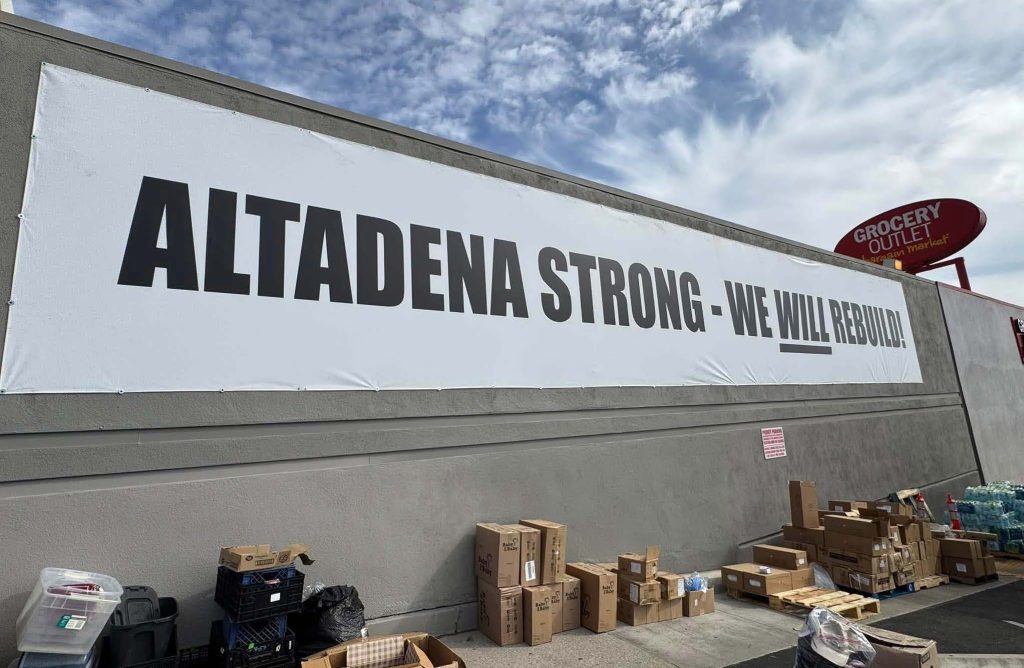Not a Life Sentence: Breaking the Cycle of Poverty in Des Moines

BEING BORN INTO POVERTY DOESN’T HAVE TO BE A LIFE SENTENCE. THAT’S WHAT THE SOCIETY OF ST. VINCENT DE PAUL DES MOINES COUNCIL WANTS PEOPLE TO KNOW.
The Society of St. Vincent de Paul (SVdP) Des Moines Council wants people to know that just because they may have been born into poverty, that doesn’t mean they have to spend their lives on the brink. The Council’s Back2Work program helps those interested in improving their lives to tap into their God-given potential, break the cycle of poverty, and live lives full of purpose. The program is meant to help participants with a history of substance abuse, mental health challenges, or incarceration overcome barriers to self-sufficiency.
Back2Work helps them re-enter the workforce and earn a livable wage — all while learning a new job and marketable skills. Back2Work includes two weeks of pre-employment training, and then six months of on-the-job training — along with classes at SVdP that cover topics such as healthy relationships, financial literacy, and career coaching. The Council also coordinates with Catholic Charities to provide participants with counseling and mental health support.
This is all part of an effort to give people holistic, wraparound support so that they can succeed long-term. Once training is over, participants receive follow-up and additional support. SVdP often helps them set up continuing education classes — such as ESL or HiSET — so they can keep moving forward on their career path.
Back2Work participants usually land jobs in fields such as electrical work, landscape, hospitality, manufacturing, and healthcare. 90% are employed at $18.25 an hour — and in Des Moines, that kind of steady income can help buy groceries, a car, and even a home. It can help an entire family escape generational poverty.
In addition to Back2Work, SVdP Des Moines runs a Reentry program that works with incarcerated individuals. With a more one-on-one focus, this program provides people with professional training and mentorship and helps them troubleshoot potential barriers to success like transportation, housing, and access to healthy choices. Thanks in large part to this program, the Des Moines region has a significantly lower recidivism rate than the rest of the state.

